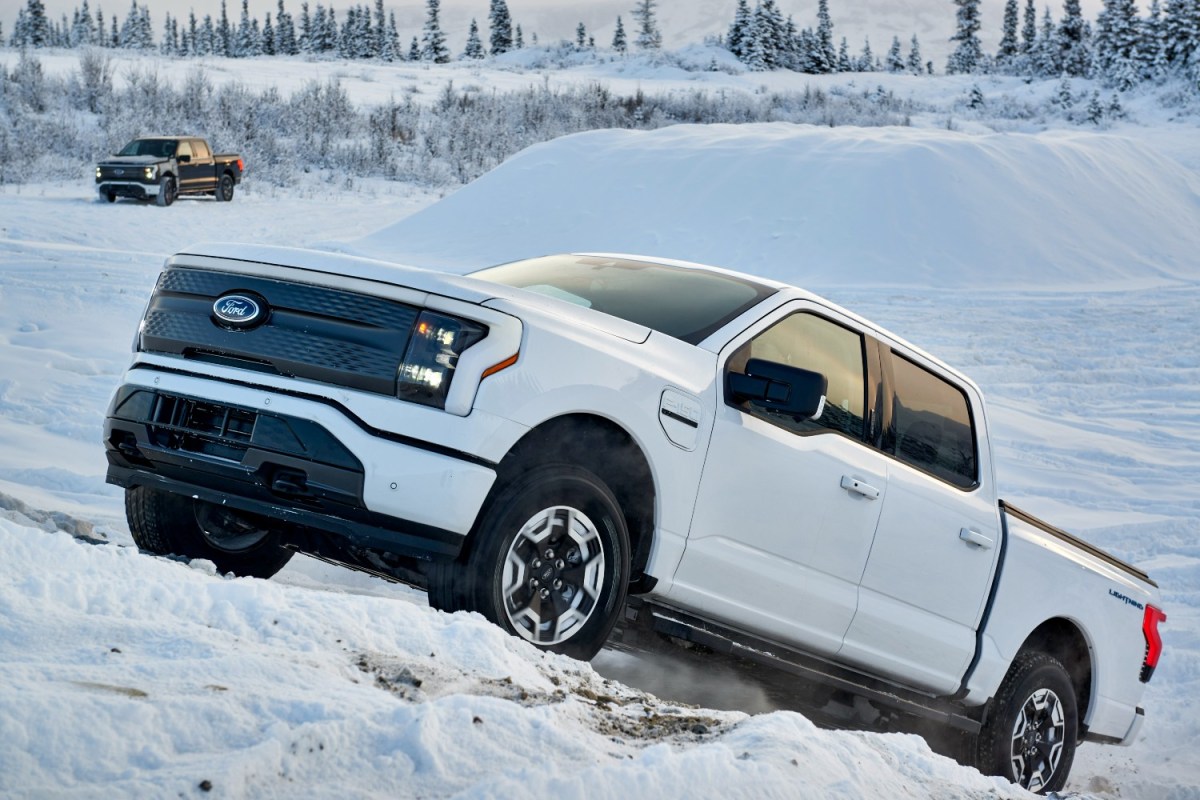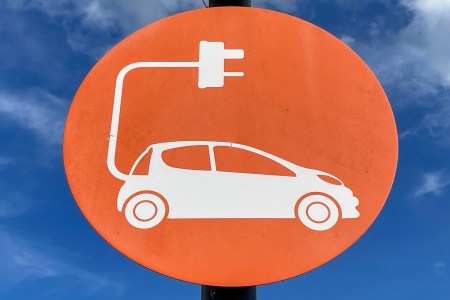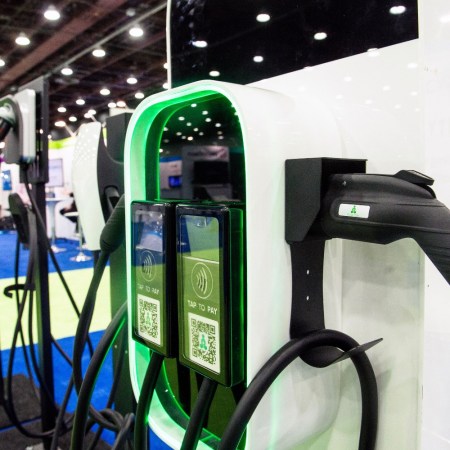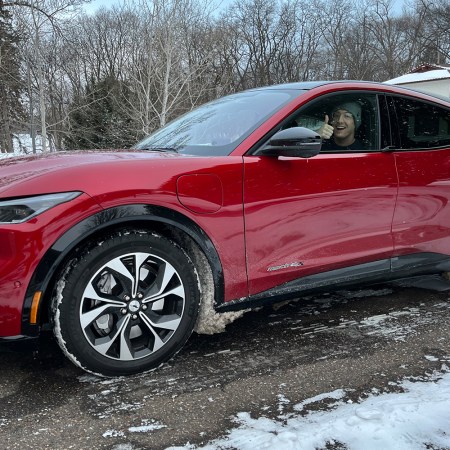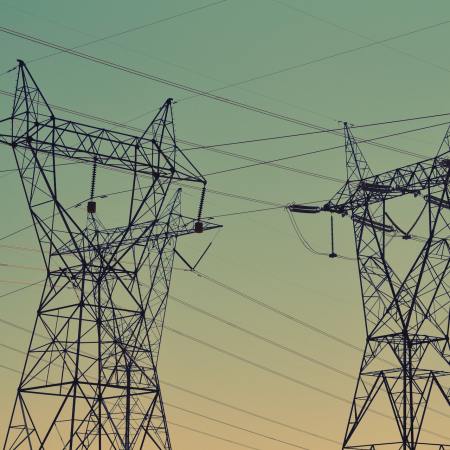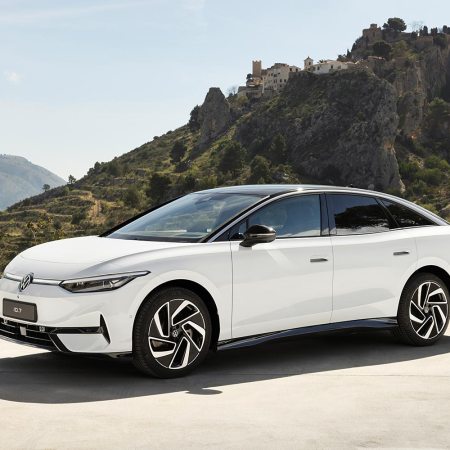On Friday, Ford announced some changes to its auto production plans — and those changes included reducing the number of F-150 Lightning electric trucks slated for the coming months. (In the same announcement, the automaker also announced increased production numbers for both the Bronco and Ranger.) Why were production levels dropping on the electric F-150? As per the company’s announcement, the decision was made “to achieve the optimal balance of production, sales growth and profitability.”
In a statement, Ford CEO Jim Farley sounded mostly enthusiastic about Ford’s EV plans. “We see a bright future for electric vehicles for specific consumers, especially with our upcoming digitally advanced EVs and access to Tesla’s charging network beginning this quarter,” Farley said.
There are a couple of things worth paying attention to here, including the news about access to the Tesla charging network; it’ll be interesting to see if demand for electric F-150s increases once the question of “so, where do I charge this?” gets an easier answer. (Or, as a CNET headline recently phrased it, this year might actually be “the Year We Figure Out EV Charging.”)
Farley’s comment about “specific consumers” is also interesting. The U.S. hasn’t gone the route of, say, the E.U. in mandating an end to new cars that emit carbon dioxide — so it begs the question of to what extent automakers see EVs as an alternative to combustion engines, as opposed to a replacement for them.
It’s also worth pointing out that some drivers have in fact embraced electric trucks — including the people profiled in a recent Washington Post article on the subject. The drivers in question are professionals whose work takes them on routes that are more modest than long-haul voyages — regional food delivery drivers, for instance. One driver, Khari Burton, explained it to the Post: “Everyone who has had an EV has no aspirations to go back to diesel at this point.”
Electric Vehicles Are Less Likely to Catch Fire Than Gas-Powered Ones
EV fires are much less common than you might thinkAmong the advantages cited by the drivers interviewed in the Post‘s article were the ease of handling and a quieter experience behind the wheel. It’s an encouraging dispatch for EV advocates — and it suggests where electric vehicles might make more inroads in the coming years.
This article appeared in an InsideHook newsletter. Sign up for free to get more on travel, wellness, style, drinking, and culture.
